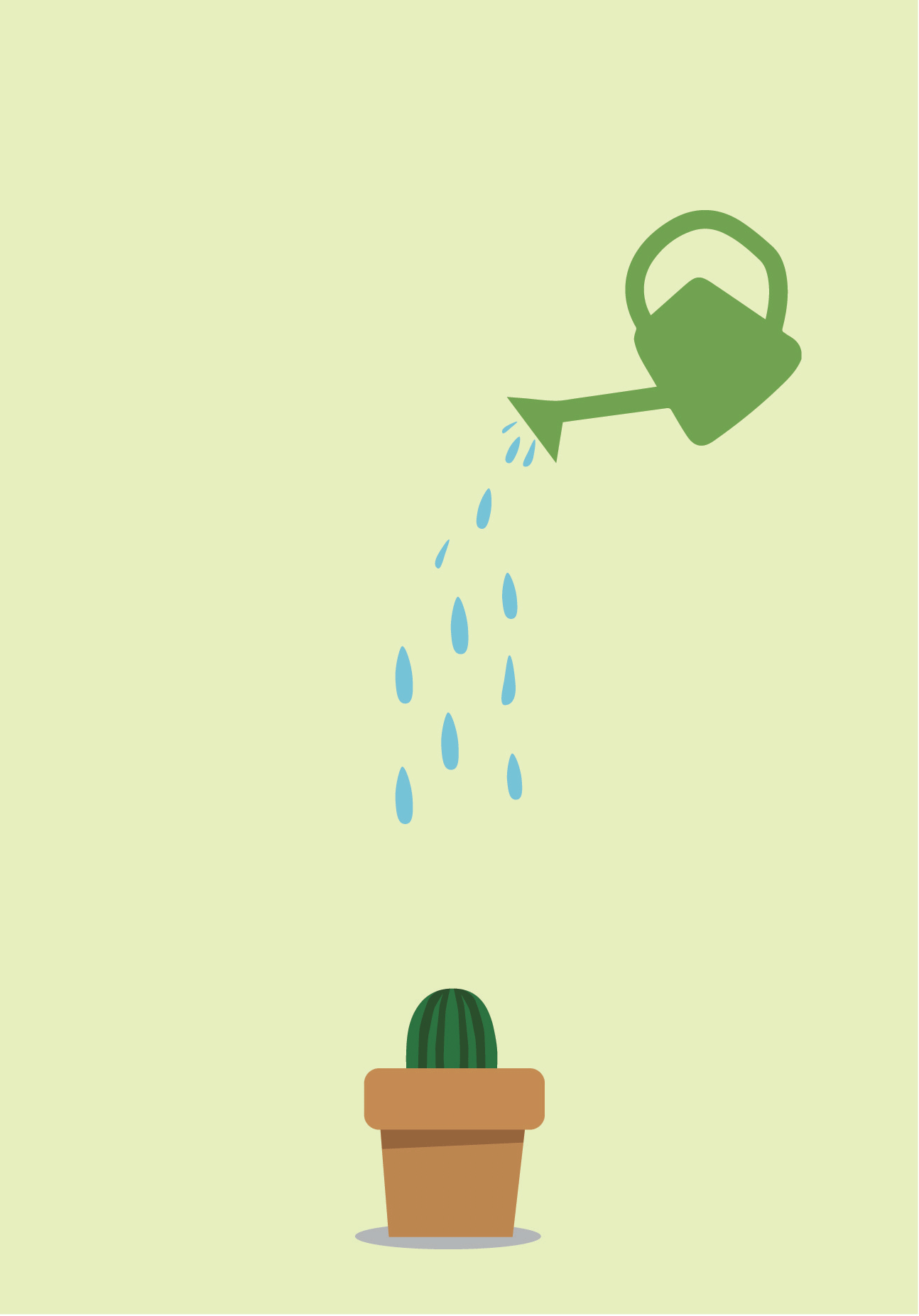GRUDGE OF THE WEEK #5
Every week, I’ll be sharing a new grudge that’s not in my book — sometimes mine, sometimes someone else’s (with their permission, obviously!) There are plenty of new grudges born every minute – send yours to grudgescanbegood@gmail.com if you would like to share it and have it analysed!

The Books in the Bin!
I was asked to comment on this grudgey situation, which I have paraphrased:
‘The other day, a friend was round at my house when I was sorting out my recycling. I was putting empty cans and glass bottles in the recycling bin, and then I picked up a pile of books and put them in too. They were books I had either read and didn’t want any more, or they were books I knew I was never going to read. They’re made of paper, so I thought the recycling bin was the right place for them. But my friend protested loudly, saying, “You can’t put books in the recycling!”
“Why not?” I asked. “They’re paper.” “Come on, it’s terrible,” she said. “It’s just mean. You could give them to a charity shop instead.”
I was upset by her saying this, so I changed the subject. I carried on putting the books I didn’t want in the recycling bin and she didn’t say anything else. Is it wrong of me to have a grudge against her for calling me mean and saying I was doing a terrible thing? I don’t have time to take books I don’t want to charity shops, and she knows this perfectly well.’
Sophie says: Your friend cares about books and about doing the right thing, which is admirable. I have no doubt that she meant well and probably didn’t know how harsh her ‘mean’ and ‘terrible’ sounded to your ears.
However, I would agree that this incident is grudgeworthy. There are situations when we need to tell our friends that they’re doing something morally wrong or seriously unwise, but this isn’t one of them. They’re your books and you can do whatever you want with them. You weren’t burning them viciously or nailing them to spikes of shame in your front garden; you simply had no further use for them, so you were trying to dispose of them responsibly. Nor was it the case (I assume?) that any of these volumes was the sole remaining copy in existence; each one presumably lives on in bookshops, libraries and on the shelves of others. If I were the author of one of those books that went into your recycling, I wouldn’t mind one bit.
The key point, for me, is that your friend could have said, ‘Hey, can I have those books if you don’t want them?’ and then taken them to a charity shop herself if she felt so strongly about it and had the time to spare. Clearly she didn’t care enough about these particular copies to ‘save’ them, as she could so easily have done.
One shouldn’t use words like ‘terrible’ and ‘mean’ against other people lightly. Those kinds of words, when used against us, are hard to forget. Indeed, even when they might be accurate descriptors of our actions, one almost never improves a situation by using them. No one is motivated to be a better person by being told how awful they are.
Discover Sophie’s Grudge Type classification system in HOW TO HOLD A GRUDGE – available from all good book retailers now!
OTHER GRUDGE GOODIES
“About devastating historical events and atrocities, we often say, ‘Never forget’. Why? Is it that we want to extend the suffering for as long as possible? No, of course not — it’s because we know that history (the horrible bits of it especially) contains useful lessons and warnings that we would be fools to ignore.
Yet about upsetting personal incidents, we often hear people say, ‘Don’t hold a grudge. Move on, for your own sake.’ Every time we say this, we are effectively asking someone to forget the important warnings and lessons from their own life history.”










